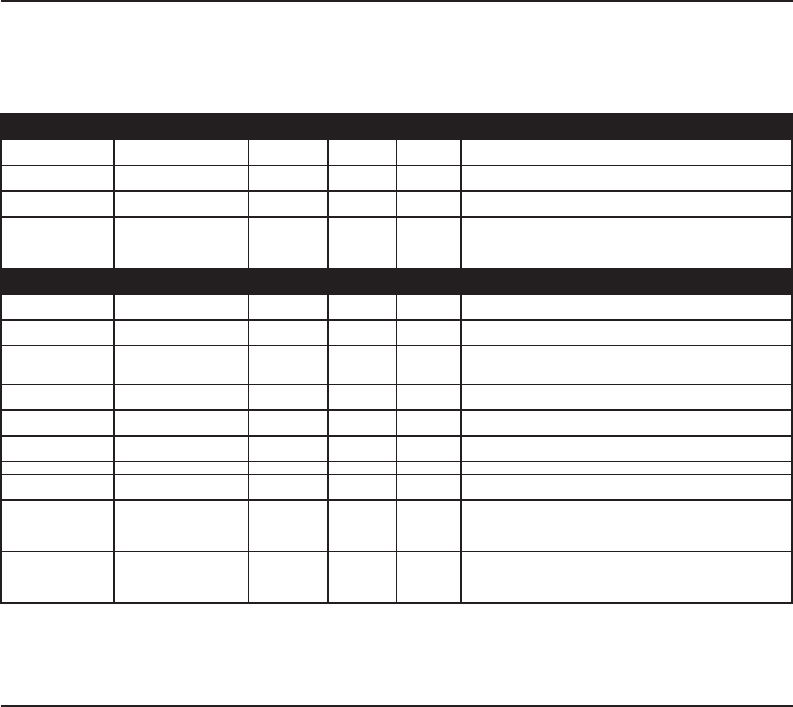
GAME CONCEPT 239
14.6 PITCH IDEA
After the concept documents, prototypes, and risk analysis are complete, the
producer schedules a pitch meeting with the publisher and studio manage-
ment. Be prepared to present all aspects of the game to them, including the risk
analysis. The project leads should attend as well, so they can answer any ques-
tions within their areas of expertise.
The pitch meeting might last two to three hours. Plan an agenda and include
a break in the middle so that people have chance to take a break and refresh
themselves (you don’t want people falling asleep in the meeting). Make sure that
all presenters are enthusiastic about the game and can communicate this en-
thusiasm to the meeting attendees. People who are poor public speakers should
not be presenting in the pitch meeting. Make sure that someone is taking notes
during the meeting so that all the feedback is accounted for.
After the presentation, the publisher and studio management might love
exactly what you’ve showed them and will give you the greenlight to continue
with those ideas in pre-production. It is more likely they will have feedback
on certain elements of the game and will want this feedback incorporated
before they greenlight your project for the next phase of pre-production. In
any situation, this is a positive outcome for all the hard work the team has
done so far. In extreme cases, they might decide to shelve the project or
ask you to go back and re-conceptualize it. If this happens, be sure that you
understand exactly what they didn’t like about the pitch and what areas need
major changes.
14.7 PROJECT KICK-OFF
When the idea is approved by all the stakeholders, schedule a formal project
kick-off. The kick-off is a great team-building exercise because it provides an op-
portunity for all the team members to come together and talk about the project.
It is also a great way to welcome any new team members who might be added at
this phase in development. Consider having a team lunch or a group outing as
part of the kick-off, so that people can also casually socialize with each other and
get to know their teammates.
Additionally, if you are working on a console title, you will need to submit
this initial concept to the console manufacturer for approval. They might request
changes to the concept as well. If they reject the concept entirely, you might be
able to revamp it and resubmit for approval. However, there is a small chance
they could reject the concept and not allow you to resubmit a revised concept,
but this does not normally happen.

240 THE GAME PRODUCTION HANDBOOK, 2/E
14.9 CHAPTER SUMMARY
The importance of the concept phase in pre-production cannot be under-
estimated. This concept is the foundation the game is built on, and if the concept
is weak or is not fully defined before beginning the next phase, there might be
major elements missing from the game that are not discovered until the team is
well into production. This chapter discussed some of the major areas that must
be defined and approved by the project stakeholders before pre-production
continues. These areas include the initial concept, game-play mechanics, setting,
characters, and audio elements. Information was also presented on prototyping
and risk analysis, which are an integral part of the process as well.
After the concept is firmly established, the next phase of pre-production,
determining game requirements, begins. The next chapter discusses the deliver-
ables that are generated during this phase, such as a core feature set, milestones,
and design documentation.
FIGURE 14.5 Outline of concept phase.
Initial Concept Resources
General
Timeline Est. Start Est. End Tasks
Brainstorming
Producer runs sessions,
team participates. 1 week 1-Oct-07 5-Oct-07 Brainstorm initial concepts for game, including genre and platform.
Initial Concept Lead Designer 1 week 8-Oct-07 12-Oct-07
Review brainstorming notes. Define initial concept, genre, and
platform. Incorporate feedback from team.
Competitive Analysis Producer, Marketing 2 weeks 15-Oct-07 26-Oct-07
Review current and potential competition, complete SWOT analysis
based on initial concept.
Approve Initial Concept
Producer runs meeting,
leads attend.
2 - 3 weeks after
pre-production
begins 29-Oct-07 31-Oct-07
Present intial concept, with genre and platform, for approval. Initial
competitive analysis completed. Incorporate management feedback.
Define Concept Resources
General
Timeline Tasks
Mission Statement
Producer runs sessions,
team participates. 1 - 2 days 1-Nov-07 2-Nov-07 Define mission statement for the game.
Game Setting Lead Designer, Lead Artist 3 - 5 days 5-Nov-07 9-Nov-07 Define game setting, including look and feel.
Game Play Mechanics Lead Designer 2 - 4 weeks 12-Nov-07 6-Dec-07
Create general overview of how major game elements will function:
challenges, rewards, learning curve, control scheme, audio elements,
multiplayer.
Story Synopsis Lead Designer, Writer 3 - 5 days 10-Dec-07 14-Dec-07
Create game's back story, character biographies, general outline of
how story unfolds in the game.
Concept Art Lead Artist, Concept Artist 3 - 5 weeks 12-Nov-07 7-Dec-07 Create concept art for game setting, characters, and objects.
Audio Elements
Lead Designer, Sound
Designer 2 - 4 days 17-Dec-07 21-Dec-07
Create general overview of how voiceover, sound effects, and music
will be presented in the game.
Prototyping Lead Designer, Producer 4 - 6 weeks 12-Nov-07 21-Dec-07 Prototype major game elements.
Risk Analysis
Producer runs sessions,
team participates. 2 - 3 days 19-Dec-07 21-Dec-07
Assess risks on project, determine resolution strategy, publish to the
team.
Pitch Idea Producer, Leads
2- 3 months
after approval of
initial concept 2-Jan-08 4-Jan-08
Present all major game play elements to management for approval,
incorporate their feedback.
Project Kick-off Producer
After
management
approves pitch. 7-Jan-08 7-Jan-08
Meet with team to celebrate the concept approval. If working on
console title, submit game concept to console manfacturer for
approval.
14.8 CONCEPT OUTLINE
Figure 14.5 is a summary of each step that must be completed in the concept
phase. This is based on a two-year development cycle.
..................Content has been hidden....................
You can't read the all page of ebook, please click here login for view all page.
